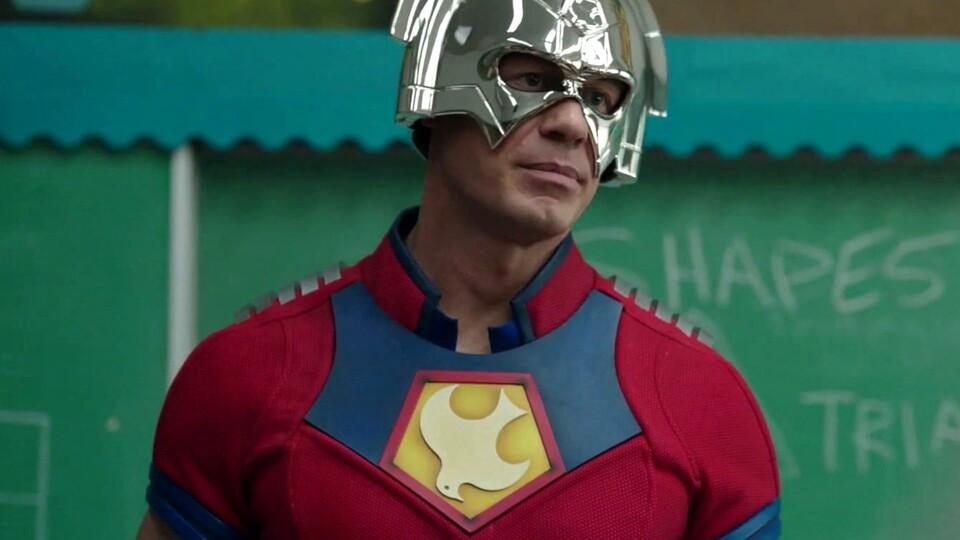Understanding the Role of the Peacemaker Today

The Importance of Peacemakers
In today’s increasingly fragmented world, the role of a peacemaker has become more crucial than ever. Whether in international diplomacy or local community conflicts, peacemakers strive to mediate disputes and foster understanding among diverse groups. Their importance is underscored by escalating tensions across the globe, highlighting the need for effective conflict resolution strategies.
Current Events Involving Peacemakers
Recently, several high-profile situations have illustrated the vital contributions of peacemakers. For instance, the ongoing conflict in Ukraine has seen various international organisations and diplomats working tirelessly to mediate peace talks and develop solutions. Similarly, in the Middle East, peacemakers have facilitated dialogue between opposing factions, aiming to build lasting peace amidst deep-rooted hostilities. These examples showcase the critical nature of their work and its impact on global stability.
The Strategies Employed by Peacemakers
Successful peacemakers employ various strategies to resolve conflicts. Communication is at the forefront; fostering dialogue allows opposing parties to express their concerns and grievances. Cultural understanding is also vital, as peacemakers often come from diverse backgrounds, enabling them to bridge gaps that may seem insurmountable. Furthermore, collaborative problem-solving techniques are integral to their approach, focusing on shared interests rather than divisions.
Challenges Faced by Peacemakers
Despite their noble intentions, peacemakers face numerous challenges. In many cases, entrenched biases and historical animosities can lead to resistance from conflicting parties. Moreover, limited resources and authoritarian regimes can hinder the progress of peacemaking efforts. The rise of misinformation and digital hostility in the modern age also complicates their task, demanding more innovative strategies to engage with communities genuinely.
Conclusion: The Future of Peacemaking
The role of the peacemaker is set to evolve as global dynamics change. In an age where conflicts can escalate rapidly due to social media and misinformation, the necessity for skilled peacemakers will only increase. Their ability to adapt to new circumstances, employ modern technology for outreach, and collaborate with a wide array of stakeholders will be paramount. As individuals and communities increasingly seek guidance in resolving disputes, the quest for peacemakers to create a more harmonious world remains more relevant than ever.
